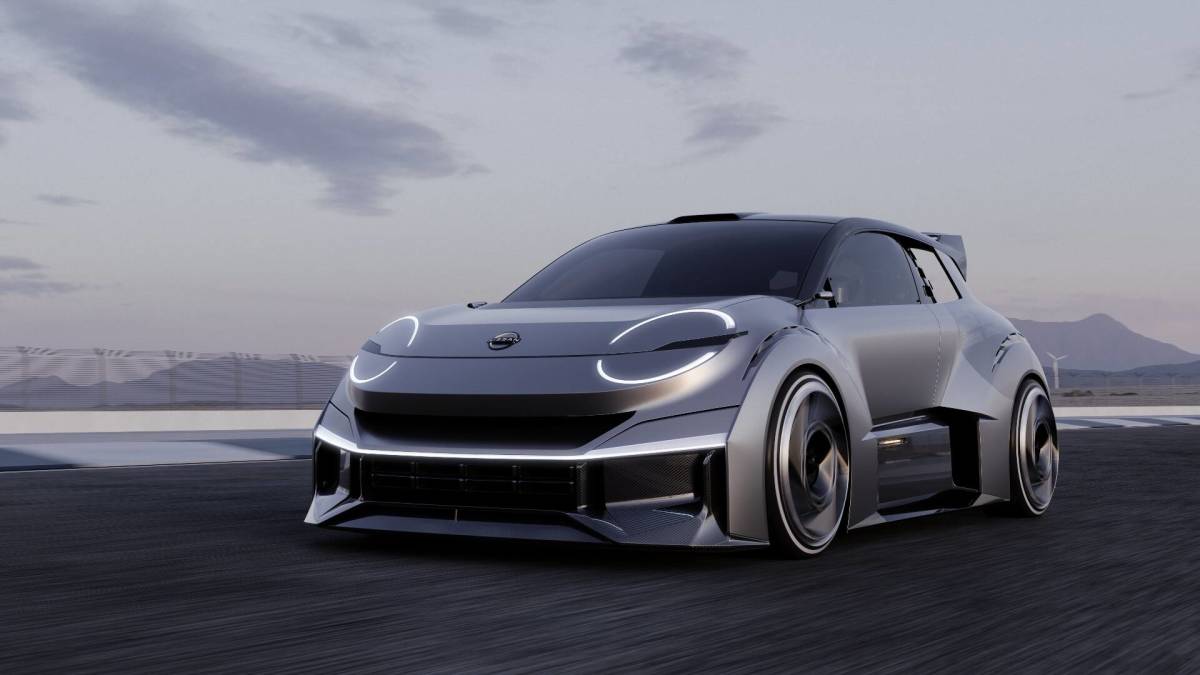
The automobile industry's ability to compete with electric vehicle leader Tesla (TSLA) -) depends on automakers' success at transitioning away from internal combustion vehicles and adopting an all-electric inventory.
So far Tesla's top competitors have been all talk, but we have yet to see a traditional ICE automaker begin a significant transition to 100% electric.
Related: Toyota video reveals new electric vehicle to compete with Tesla
Ford (F) -) plans to transition its inventory of vehicles from internal combustion engines to all-electric in Europe by 2035 but has not said when it will be all-electric in the U.S. Ford discontinued the Ford Fiesta in Europe on July 7 and exited the ICE small car market in Europe, since the strict emissions standards did not make economic sense to the company. Ford has adopted a plan to transition to all-electric and carbon neutral in Europe by 2030.
The Dearborn, Mich., automaker will find it difficult to discontinue all of its internal combustion engine vehicles in the U.S. as its Ford F-Series ICE pickup truck has been America's best-selling vehicle for 41 years and the best-selling pickup truck for 46 straight years. The Ford F-150 Lightning electric vehicle is the No. 2 best-selling electric pickup truck, as Rivian (RIVN) -) sold the most electric pickups in 2022.
General Motors (GM) -) CEO Mary Barra has committed to phasing out all internal combustion engines in GM vehicles by 2035.
Volvo (VLVLY) -) plans a steep ramp up to all-electric sales as fully electric vehicles only amounted to 11% of total sales in 2022. The company had increased EV sales from 25,727 in 2021 to 66,749 in 2022. The company in March 2021 committed to be fully electric by 2030, with 50% of global sales all electric by 2025.
Subaru is slowly moving away from internal combustion engines as it on Aug. 2 revised its goal to target half its total sales, or 600,000 units, of all-electric cars in 2030. It had previously said 40% of sales would be all electric by then.
Slow transition to all-electric
Toyota also has been slow to transition to EVs. The company in May created a new unit call BEV Factory dedicated to producing entry-level battery EVs with a range of 620 miles. The Japanese automaker's goal is to roll out a full lineup of next-generation BEVs globally in 2026. It said at the time it plans to produce 3.5 million electric vehicles per year by 2030, including 1.7 million units on the new BEV platform. The company has not said when it will go all-electric.
Japanese rival Nissan (NSANY) -) is more certain about its all-electric future. The automaker's CEO Mokoto Uchida in a Sept. 25 statement committed to switching Nissan to all-electric in Europe by 2030.
"EV is the ultimate mobility solution. More than a million customers have already joined our journey and experienced the fun of a Nissan electric vehicle, and there is no turning back now," Uchida said. "EVs powered by renewables are key to us achieving carbon neutrality, which is central to our Ambition 2030 vision. Nissan will make the switch to full electric by 2030 in Europe - we believe it is the right thing to do for our business, our customers and for the planet."
Nissan launched the Leaf in 2010, which was the first mass-produced electric vehicle in the world. The car was the top selling EV on the market in its first four years. The Japanese company, however, said it will phase out the Leaf in the next few years and replace it with a new vehicle by 2026.
Nissan launched its Ariya Crossover/SUV last year to begin its ramp up of EV production. The company's subsidiary Infiniti has a newly designed EV sedan, which will be produced at its Canton, Miss., factory, along with a new crossover EV.
With its goal to be 100% electric in Europe by 2030, the company said all new Nissan models from now on will be all-electric in Europe.

Nissan
Nissan reveals a sporty urban concept car
The company on Sept. 25 celebrated its new goal and the 20th anniversary of its Nissan Design Europe studio in London by unveiling its all-new sporty urban electric concept car, Nissan Concept 20-23.
The new model continues a long Nissan tradition of bringing eye-catching playfulness to the world of hatchbacks and city cars, a statement said. With the heritage of Nissan's so-called Pike cars, such as the Be-1, Pao, Figaro and S-Cargo, Concept 20-23 brings a 21st century twist to this small-car tradition.
The Concept 20-23's basic 3-door hatchback body-style features extreme aerodynamic addenda front and rear, with deep skirts which direct the airflow away from the front of the car, through apertures to cool the brakes and out through vents just behind the front wheels.
The interior is a futuristic interpretation of a racing car's bare functionality, with just a couple of screens displaying vital information with minimal distractions – a reflection of where real racing cars – such as Nissan's Formula E entrant - inspire online racing simulator set-ups.







